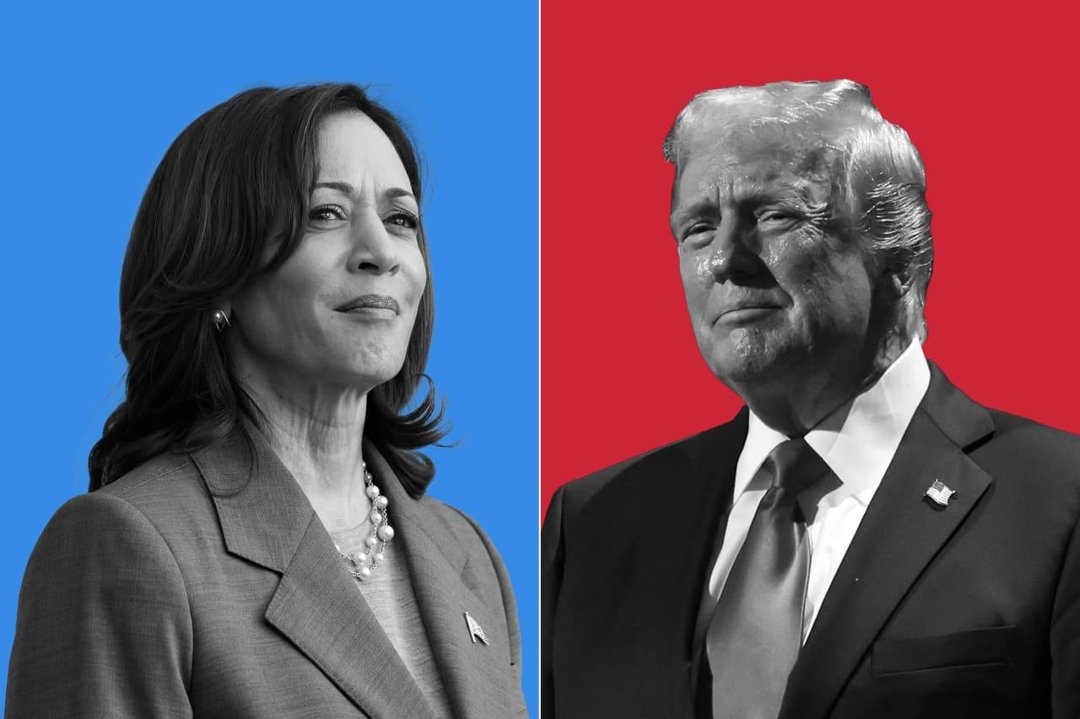
By Joe Light
July 19, 2024
Americans spent the better part of a year preparing for a second matchup between President Joe Biden and former President Donald Trump. It looks increasingly like those expectations will be scrambled, so investors should get ready.

Getty Images (2)
Pressure is building on Biden to bow out. Since his faltering debate performance last month, some major donors have begun withholding cash or only contributing down-ballot. Multiple news outlets report that prominent Democratic politicians are privately pushing Biden to withdraw, while others, like California Rep. Adam Schiff have taken the calls public.
“Joe Biden is his party’s nominee. He’s the President of the United States. He’s running for reelection,” said campaign senior advisor TJ Ducklo on Thursday in a post on X.
If Biden drops out, it would fall to the 4,000-plus Democratic Party delegates to select a new nominee. Right now, they are scheduled to vote in early August. And while several potential contenders have been floated as hopefuls, the lack of time between now and then means that the immediate favorite to replace Biden on the ballot would be Vice President Kamala Harris.
On policy, a Harris candidacy would look much like Biden’s. “There isn’t much daylight between Biden and Harris on policy issues,” said Isaac Boltansky, BTIG’s director of policy research.
Harris supported more progressive policies than Biden during their previous candidacies. But when Biden became president, the White House itself moved further left, which means a Kamala candidacy would be pretty much a wash, Boltansky said.
“There is good reason to believe that a Harris administration would be substantively similar to a Biden administration in every policy area of consequence,” he said.
But a Harris administration could bring about a shift in priorities and personnel, said Beacon Policy Advisors senior research analyst Owen Tedford. Biden allies currently running agencies could be more apt to step down at the end of his term.
Biden, for example, has supported bolstering American manufacturing with a combination of business subsidies and tariffs. That emphasis probably wouldn’t change much with Harris, Tedford said, but other areas, such as foreign policy, might go further down the priority list.
With Harris atop the ballot, it’s also more likely that whoever becomes president will be dealing with divided government. Biden’s struggles have caused many Democratic politicians to fear that core voters wouldn’t turn out in November, hurting their own chances of winning seats in the House and Senate even though their poll results have been much better than Biden’s.
While Harris’s numbers have been mixed, lately she has generally polled better than the president. A New York Times/Siena College poll earlier this month had her leading Trump among all likely voters in a head-to-head matchup by one point, while Biden trailed by less than a point. She also bested Biden in the swing state of Pennsylvania, though still trailed behind the former president.
If Biden exited the ticket, fears that Democratic voters simply won’t show up would abate. Democrats would have a much higher chance of taking over the House, even if they lose the Senate or presidency.
Divided government under a Trump presidency would nix attempts to repeal the Inflation Reduction Act, the Biden climate bill that gave a big boost to electric vehicle makers and other clean-energy companies. Even without Congress, Trump and his agency heads could rewrite rules to the benefit of oil-and-gas companies and big banks, making them potential winners, said Evercore ISI policy analyst Sarah Bianchi in a research note.
On the other hand, a second Biden term could benefit cannabis companies and renewables even if Republicans hold the House or Senate, Bianchi wrote.
In an election that has proven anything but predictable, divided government might be investors’ best bet if Harris takes the top of the ticket.
Write to Joe Light at joe.light@barrons.com
This Barron's article was legally licensed by AdvisorStream.
Dow Jones & Company, Inc.



